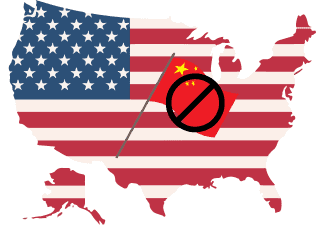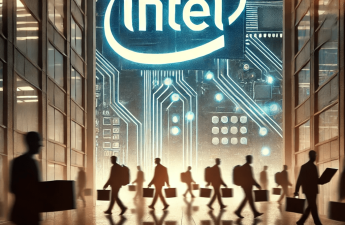U.S. Government May Ban Chinese Software and Hardware in Autonomous Vehicles
The U.S. Commerce Department is set to propose new regulations aimed at banning Chinese hardware and software in connected and autonomous vehicles on American roads. This initiative, driven by national security concerns, would prohibit the import and sale of vehicles from China that contain communication or automated driving system components, as reported by Reuters.
National Security Concerns
The Biden administration is increasingly worried about the potential for Chinese companies to collect sensitive data on American drivers and infrastructure. There are also fears regarding foreign interference in vehicles connected to the internet, including navigation systems that could be manipulated remotely.
Commerce Secretary Gina Raimondo highlighted these risks back in May, stating, “You can imagine the most catastrophic outcome theoretically if you had a couple million cars on the road and the software were disabled.”
Focus on Connected Vehicles
The proposed regulations will specifically target Chinese technology in connected vehicles, which are defined as cars that have built-in internet access and can share data with external devices. The ban on Chinese software could be implemented as early as the 2027 model year, while hardware restrictions are expected to take effect by 2029 or the 2030 model year. These prohibitions will encompass vehicles equipped with specific wireless features, such as Bluetooth, satellite, and autonomous driving capabilities. The proposed rule may also extend to other nations considered U.S. adversaries, including Russia.
Broader Context of U.S.-China Trade Relations
This move is part of a wider escalation of U.S. restrictions on Chinese goods. Recently, the Biden administration imposed significant tariffs on Chinese imports, including a 100% duty on electric vehicles (EVs) and increased tariffs on EV batteries and essential minerals.
In February, President Biden ordered an investigation to determine whether Chinese vehicles and their technology posed a national security threat. He has since made it clear that he opposes the influx of Chinese vehicles into the U.S., stating, “I’m not going to let that happen on my watch.”
Conclusion
As the U.S. government prepares to implement these regulations, the impact on the automotive industry and the relationship with China remains to be seen. This potential ban underscores the ongoing tension between the two countries and the critical importance of ensuring national security in an increasingly interconnected world.
Thank you for reading! We hope this provides you with valuable insights. For more updates on the latest in technology, be sure to explore our Technology News blogs at AdvanceDataScience.com, where we bring you daily news on what matters in the tech world.



